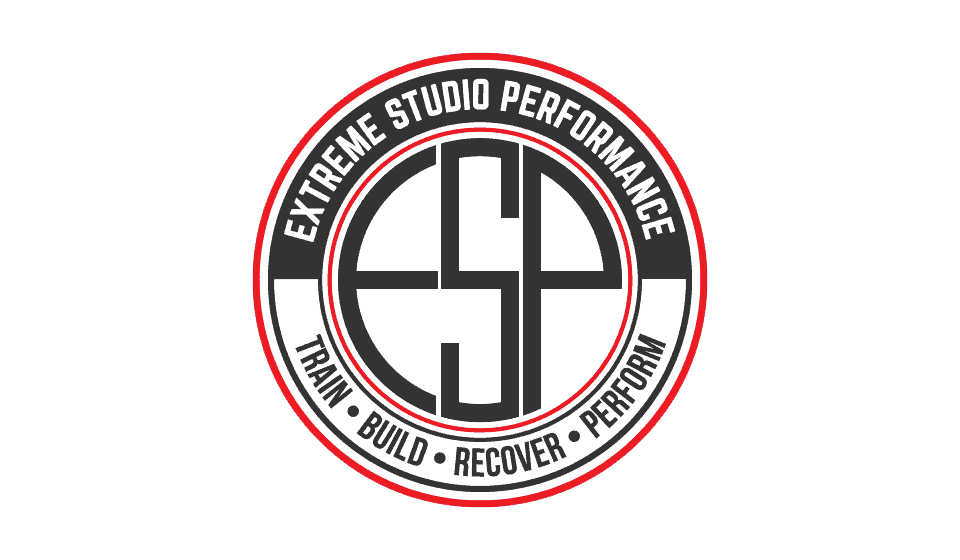
When designing a fitness or weight training program, it is important to consider several variables. One of the most interesting and misunderstood elements is recovery. Three ways to improve recovery time are to avoid overtraining, monitor heart rate, and effective rest routines.
 Monitoring morning heart rate is a great way to detect overtraining. When a new phase is implemented into an individual’s program there will be an adaptation process. To ensure overtraining does not occur, it is encouraged to take a 7 day mean HR during the first week of the phase. Simply take your HR for 1 full minute and find the average after 7 consecutive days. Sudden spikes in morning heart rate (more than 4) can be expected when training yourself into an intentional deficit.
Monitoring morning heart rate is a great way to detect overtraining. When a new phase is implemented into an individual’s program there will be an adaptation process. To ensure overtraining does not occur, it is encouraged to take a 7 day mean HR during the first week of the phase. Simply take your HR for 1 full minute and find the average after 7 consecutive days. Sudden spikes in morning heart rate (more than 4) can be expected when training yourself into an intentional deficit.
The technique of monitoring morning HR is designed to give the athlete and coach an idea of how the program is progressing, and if it is being hindered. Initially, a coach and athlete should both understand the importance of rest. Not only between sets but when and how much, and what the quality of the athlete’s sleep is.
Consistently waking with a higher than average heart rate could be due to a few things. First, if sleep patterns are observed to be disrupted or quality is low-medium, take a look at the intensity levels of the program. Second, make sure processed food intake is a ZERO! There is no sense in putting hard time in the gym only to shoot yourself in the foot by ingesting less than the best quality food you can afford. Physical and psychological signs of lifting heavy loads for too long without appropriate variable changes are:
- Trouble falling asleep
- Staying asleep
- Poor sleep quality
- Waking up unrefreshed often agitated
- Decreased appetite
- Extended warmups
- Lack of focus
- Neck and/or eye fatigue
- Stiff muscle and/or joints
It is important to monitor and change necessary variables as often as every 2-6 weeks (depending on several other variables) to ensure a successful program. Diet should be in check. It’s a given that alcohol and/or drugs are also a hindrance. Prescription drugs are still drugs. Check with your doctor for any contraindications that may limit your activity intensity and/ or volume.
A method used to enhance or speed up recovery is cryotherapy. There are a couple of avenues to try here. If you have never experienced an ice bath I will encourage you to look into the benefits and do one yourself. The cryotherapy with the cold air is like getting into an ice bath without the ice. Not knocking the cold air version at all. It has benefits! The ice bath is an experience some may have to build up to. If interested look up Wim Hof “The Iceman” on YouTube. He has interesting breath work, as well as, recovery and immunity.
Many athletes and coaches focus too much on the workout, and not enough on everything else that supports the workout. By carefully monitoring heart rates, resting routines, food intake, and avoiding overtraining, athletes can recover faster and yield bigger gains in shorter timeframes.
Want to know more? Reach out to our staff at Extreme Studio Performance and find out how our team of expert trainers can help you crush your fitness and training goals.
Article Written by: Kurt Pitman
